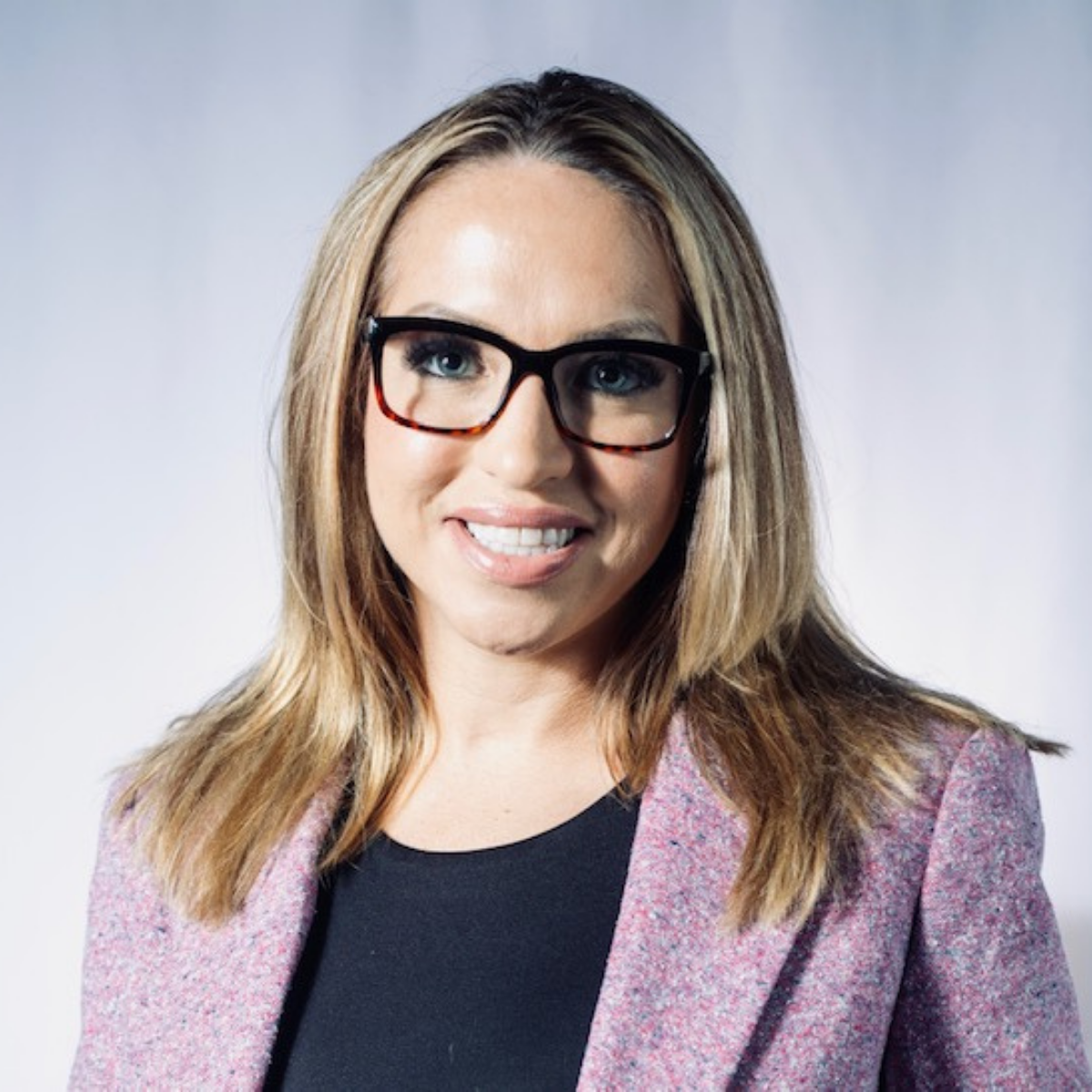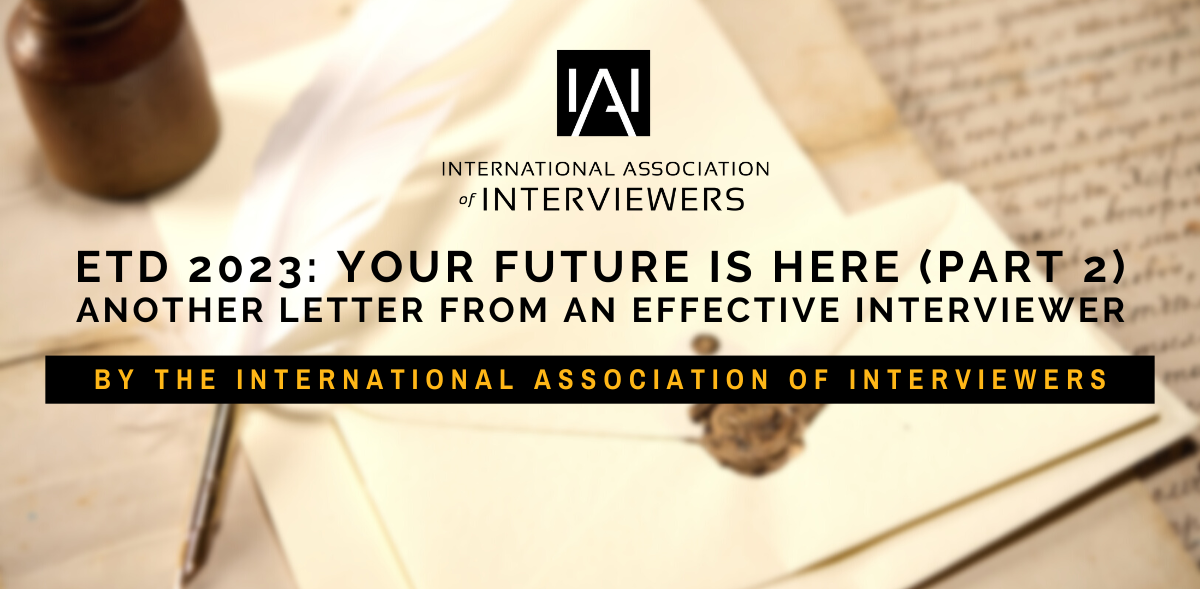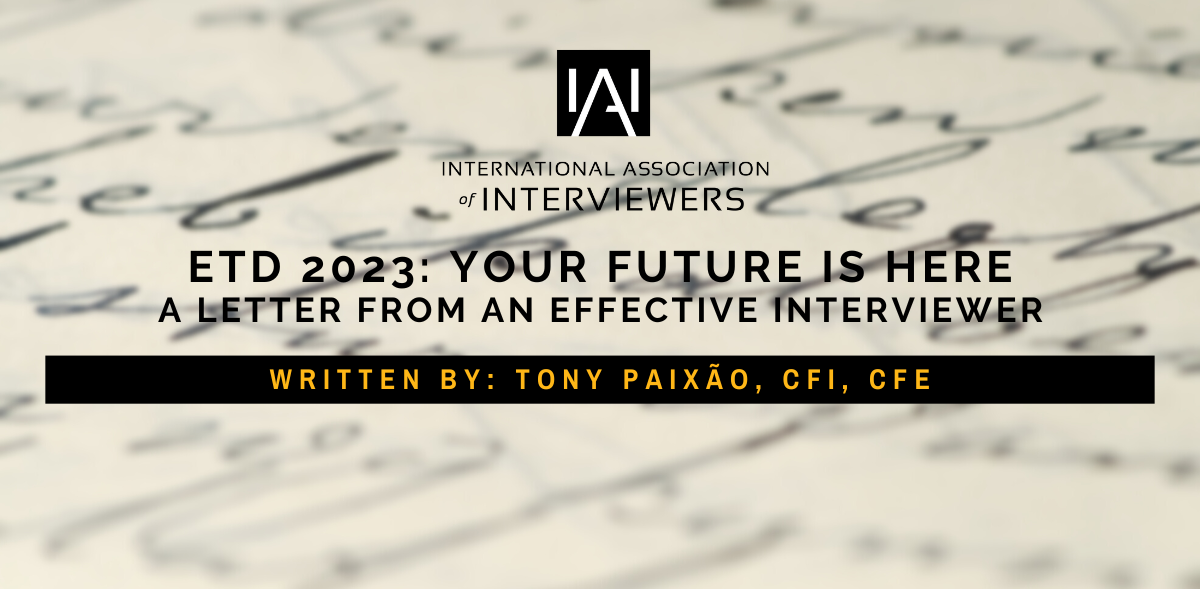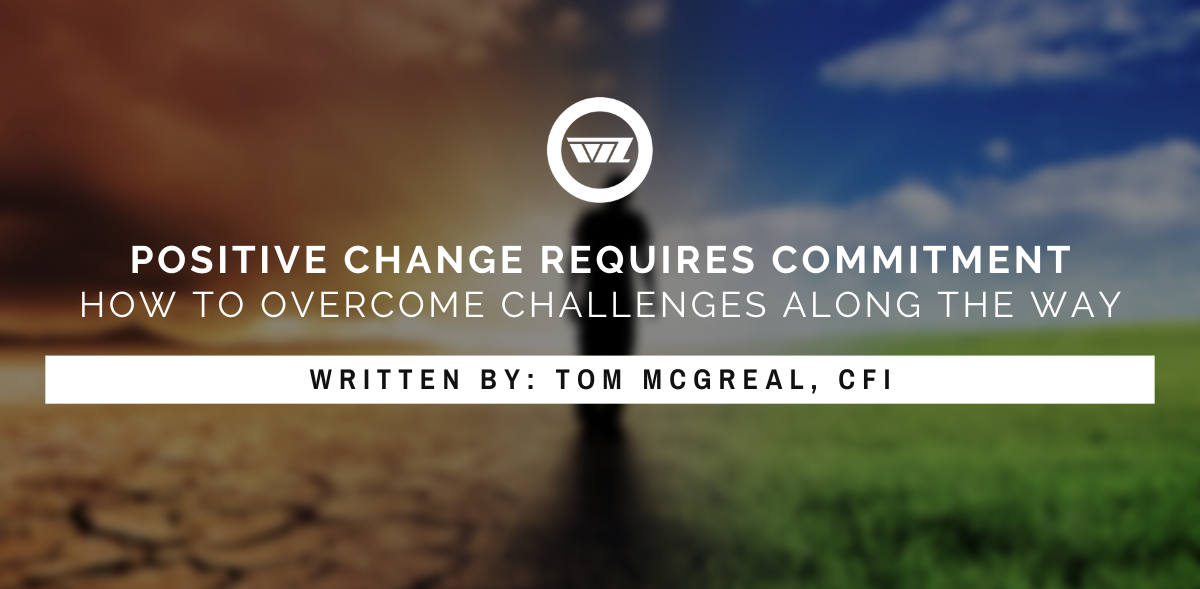WZ instructors answer compelling questions from 2021.
I love hearing stories about people finding their way into the interviewing profession, be it the public or private sector. And that’s how many interviewing professionals say it happened: They hadn’t planned on going into interviewing, but after interacting with someone in the interviewing field or having a good experience at a job, they realized it was the right career choice for them.
Lots of interviewing professionals learn on the job. Putting concepts into practice is an important learning strategy, and your daily tasks provide an excellent resource for applying interviewing concepts. Whether you have just found your way to the public or private sector or are a seasoned interviewing professional, as instructors, we welcome participants who attend WZ training programs to ask questions. Questions are another form of learning and a way to gain valuable information applicable to your environment.
If you’ve ever wondered what type of questions WZ instructors are asked, you’re about to find out. I’ve gathered a series of questions they were asked this past year from attendees, clients, and peers. Many of these questions come based on social trends, environmental issues, or even new laws and their impact on the interviewing profession. The advantage in gaining answers to the questions they’ve answered is that the information will also be helpful to know in the year to come
Shane Sturman, CFI, CPP

As a service business conducting in-person training nationally and internationally, how were you able to survive COVID and all the travel restrictions?
Prior to COVID, we were already working with some of our larger clients to identify how we could train large numbers of their personnel and reduce some of the costs associated with the training. The most significant training expense is travel. After looking for ways to reduce those costs, we started broadcasting our training to multiple regional locations from their studios, training hundreds of people at a time and eliminating most of their travel costs.
When COVID hit restricting travel, we immediately pivoted to virtual training using zoom and teams. Because those platforms do not support video well, we modified our training, making it even more interactive, replacing video with practical exercises using breakout rooms. The feedback has been overwhelmingly positive. Some of our clients have commented that they will not go back to in-person training because of the significant cost savings with the reduction of travel costs and the quality of our training delivered virtually.
Dave Thompson, CFI

What role does WZ play in partnering with organizations like the Innocence Project, legislative bodies, or other advocacy groups?
There is often a significant disconnect between the practitioner (investigator), the academic (researcher), and the attorneys or policymakers. Our responsibility as a training organization is to be the conduit between all these groups. In our role, not only do we want to provide practitioners with digestible information from the latest research or legislation, but we also want to represent the investigator’s perspective in these discussions. Our partners can count on us to continue to play an active role in evolving interrogation standards through collaboration and progressive discussions. We want to ensure that investigators have the appropriate tools to conduct compelling interviews while also mitigating the likelihood of false confessions through an evidence-based approach.
Wayne Hoover, CFI

Most professional interviewers already know about rapport; why does WZ cover this as part of their training?
Rapport is not just a step in the WZ Method; it is a process that enables people to communicate effectively. WZ would hope all interviewers are developing rapport with their teams daily. At a minimum in the interview, it provides commonality between the interviewer and the person being interviewed to share truths during a discussion.
Brett Ward, CFI

What do you consider critical components when designing a game plan for a conversation focused on obtaining the truth?
First and foremost, it’s good to hear folks still consider the importance of prep work. I have come across too many folks who feel a certificate or two on the wall equals competency. There are several aspects I would consider. Comfort level with intended strategy and is it the best fit for the subject, or simply a product of “If it ain’t broke, don’t fix it” mentality. Potential objections, explanatory denials, explanations of evidence, and my intentions of overcoming verbally. Empathy-based statements (rationalizations) are not stock regurgitations but impactful, honest and motivating. Core components and coaching strategy if moved to a position of documentation – how do I protect the entity and integrity of the conversation. Indeed, many other hurdles to consider (motive, intent, circumstances, etc.) but a desire to prep a Varsity thought process….
Juan Valverde, CFI

WZ is a US-based method, how does this technique apply to the Latin culture and Latin-based companies? Este es un método basado en los Estados Unidos, ¿cómo se aplica esta técnica a la cultura de los latinos y las empresas latinas?
The method was developed and grown in the US but is based on the natural response of all of us. I have had the opportunity to apply the technique for over 20 years in LATAM; interviews and colleagues in the US have seen the same results in Spanish and Portuguese. I also know many US operations have moved to Latin America and successfully applied the WZ method in their new expansions in the region as well many local companies adopting WZ as their only interview process.
El método, se desarrolló y creció en los EE. UU., pero se basa en la respuesta natural de todos nosotros. Había aplicado la técnica durante más de 20 años en LATAM con entrevistas en español o portugués y muestra los mismos resultados, como los colegas en EE.UU. También sé que un gran número de operaciones de EE.UU. se trasladaron a LATAM con éxito y aplicaron el metodo WZ en sus nuevas expansiones en la región, así como un gran número de empresas locales que adoptaron el metodo WZ como su único proceso de entrevista.
Joe Wolf, CFI

What is the most crucial takeaway/proactive measure someone can utilize when dealing with a potentially hostile situation?
Patience. You have time to let your de-escalation skills work for you. Many times, people who are frustrated, angry, disappointed, or confused merely want to be heard. Take the time to listen. Remember, they aren’t upset with you – instead of with the situation in which they find themselves. Let the insults and emotionally charged language roll over you like water off a duck. Remind yourself that YOU are the professional here and that you’re there as a problem solver, not an enforcer. That positive attitude will become apparent to the other person and may create just the collaborative opportunity the situation requires.
Tony Paixao, CFI, CFE

You’ve spoken with several interviewing professionals over the year. Is there a common theme you’re hearing around what’s next as the beautiful world of interviewing continues to evolve?
The common theme that we see both internally and during our conversations with global thought leaders throughout the industry is that evolution is critical. Interview training is changing at a rate, unlike anything we have ever seen before. There has never been a time that we have observed such an abundance of credible research in the study of investigative interviewing; all made accessible to practitioners, academics, and legislatures alike. We are constantly evaluating our curriculum to stay on pace with these changes and ideally stay ahead of the curve. Providing training that prioritizes evidence-based practices over individual experiences, and continuing to lean into rapport-based, non-confrontational, fact-finding modalities, will be the benchmark in the next chapter of the beautiful world of interview training.
Amanda Weaver, CFI, PHR

How do you keep attendees of your seminars engaged for so long?
Effective instruction is crucial to encourage change without triggering resistance. Recognizing the critical elements of Andragogy (the Malcolm Knowles Theory) is an essential mark of an engaged Instructor. Understanding adults prefer to learn from doing and real-life experiences are crucial. They’re interested in learning something that has immediate relevance. They prefer a hands-on approach to learning. They like to solve actual problems. All WZ seminars, both live and virtual, by design meet each of these principles. I believe effective instructors must distinguish between how to manage attendees’ needs and lead the instruction.
Chris Norris, CFI

Which remote interview do you find more challenging, video or telephone? What’s one tip you would offer to help someone interviewing remotely?
The Remote Interview presents a variety of challenges, and when deciding between the telephone or video conference (VC) call for a remote interview I believe the VC is the more challenging of the two options. Just a few of the challenges include obstacles like:
- the potential for more technology failures
- your subject’s potential discomfort of being on camera
- the fact that they can see you and recognize your notetaking or looking through case materials
- placing too much emphasis on non-verbal evaluation which is likely not too accurate
- looking at your subject on the screen and not the camera which translates to having no eye contact
- putting your subject in a position to have to see themselves as they answer difficult questions
Don’t get me wrong, both can be very effective and there could be pros and cons to both remote options, but of the two, I believe the VC presents the most challenges. The best advice I can provide someone who’s conducting a remote interview, be patient and trust the process. I see too many good investigators rushing the process remotely. The mentality of, “it’s a simple issue and I have a good amount of evidence, so I’ll just cut to the chase” translates to being a bit more specific, rushed and possibly confrontational. Be patient, trust the process and you can obtain good results from hundreds of miles away.
Amanda Weaver, CFI, PHR brings over 18 years of private sector experience. She brings a diverse retail background, including specialty, luxury, big box, and distribution/fulfillment center segments. Amanda is well versed in all areas of investigations, loss mitigation, inventory management, and strategic planning.




